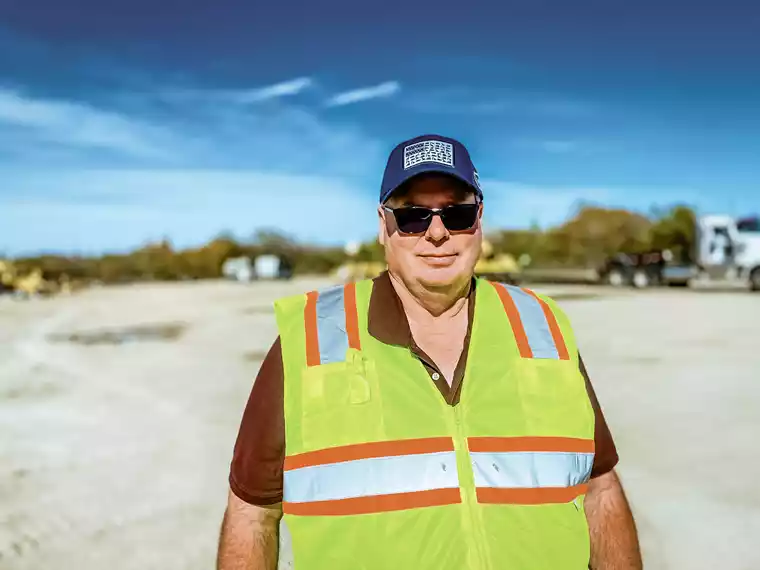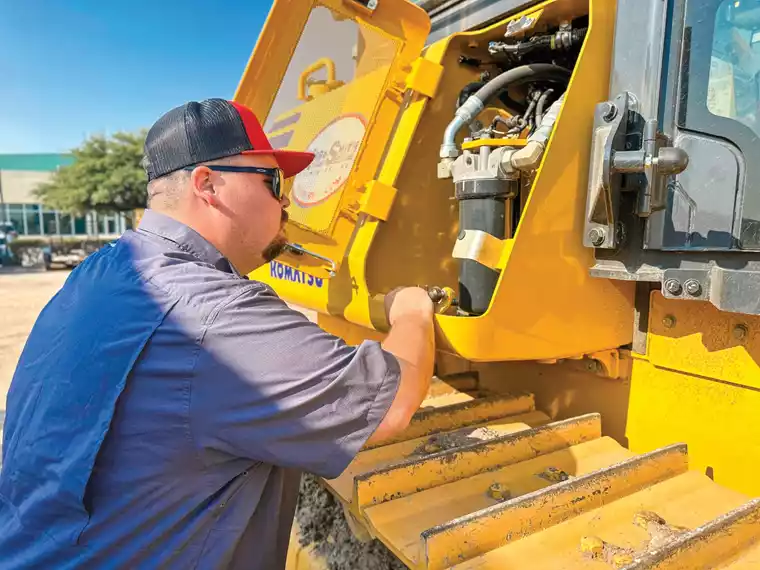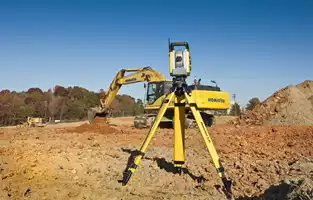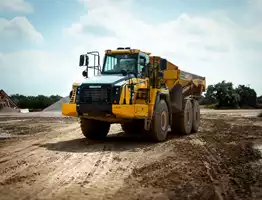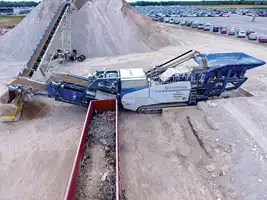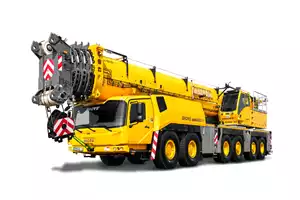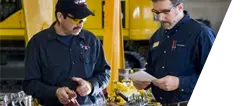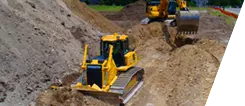What Teeth Are Right For my Job?
What are you digging? That’s the main question you should ask when considering what type of teeth your excavator bucket should have, according to Kirby-Smith Machinery Inc. (KSM) Product Support Sales Representative (PSSR) Jeff Statum.
“Assessing and knowing what material you will be moving and matching your excavator teeth to it will increase productivity, and ultimately profitability,” commented Statum. “There are several different types of teeth, such as S Series, which is a dirt tooth that will work well in light sandstone, soil and sand. If you’re getting into more brittle rock or harder rock, you need a conical-style tooth, a chipping-type tooth, or a tiger-type tooth. You are likely to need sets of multiple tooth styles to be the most efficient and productive.”
Statum, who is based out of KSM’s Tulsa branch, used the terrain of eastern Oklahoma as an example.
“Let’s say you’re putting in a pipeline and going down through the hills,” said Statum. “You should have a set of dirt teeth and a set of rock teeth because as you go up the hill, it’s likely you will run into hard material. When working in the valley, dirt will likely be encountered. Dirt teeth won’t be very effective at removing rock and vice versa. Additionally, rock teeth tend to cost more, so you don’t want to use them in a situation that’s wearing them down unnecessarily. If it’s a pipeline, you may also need specialty teeth for digging around the pipe to avoid damaging it.”
Statum added that there are also different systems available that let you change teeth in minutes that are much safer than the traditional method of pounding out pins.
Properly sized teeth
Once you know which style is right, take the time to make sure you have properly sized teeth for your bucket and machine.
“Just as the right style affects production, so does size,” emphasized Statum. “You don’t want a 71-inch bucket with large teeth. It’s better to have that large bucket with smaller teeth, so it doesn’t get as much bite. Then, you are not over-digging or taxing the machine as it tries to pull through too much material. Of course, if they are too small, breakage is likely to occur.”
Statum concluded, “When it comes to a decision on your teeth, please come see your local PSSR. We’ll take care of you.”

